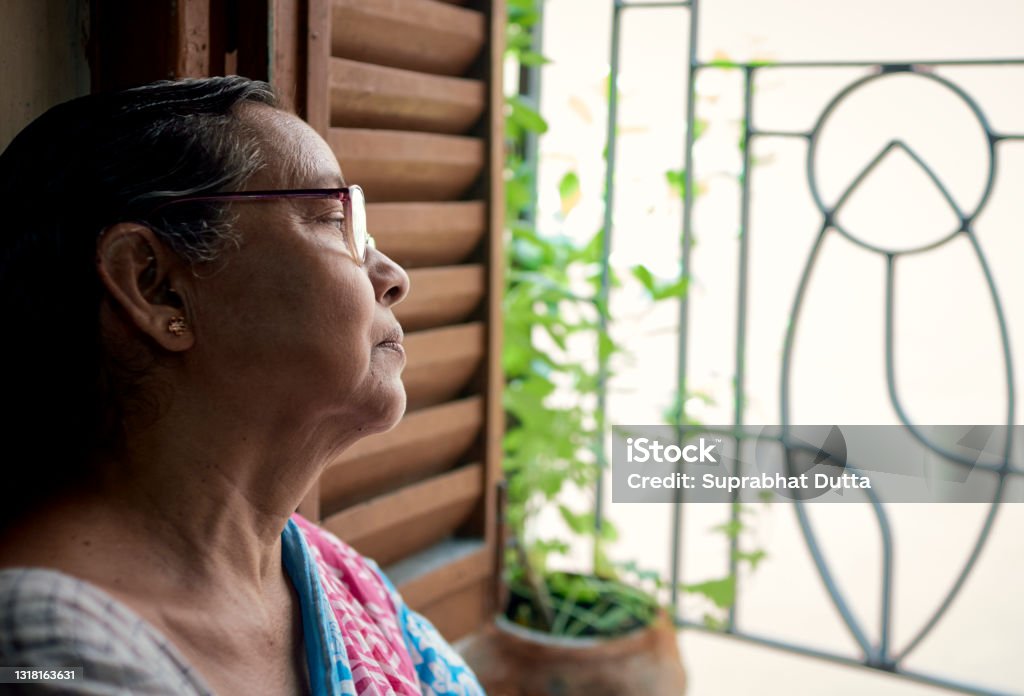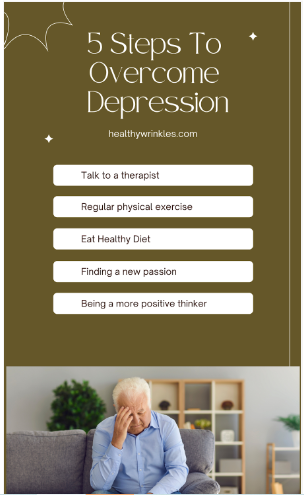Elderly people have unique physical and mental problems that need to be treated. Over 20% of persons aged 60 years and more, suffer from a psychological or neurological disorder (headache problems not included).

20% of older adults suffer from depression, a common mental illness marked by sadness, diminished energy, guilt or a low sense of self-worth, trouble sleeping or eating, and trouble concentrating.
Depression in elderly people can be so severe that it causes serious cognitive impairment. It is sometimes confused with dementia. There are, however, some distinctions between the two.
Depression in older adults could have symptoms like:
- A relatively quick mental decline
- Concentration problems, as well as sluggish language and motor skills
- Noticing and being concerned about memory difficulties
Dementia symptoms in elderly persons can include:
- Mental deterioration that occurs gradually
- Confusion, disorientation, and becoming disoriented in familiar surroundings
- Short-term memory impairment, as well as impaired writing, speaking, and motor skills
- There is no concern or indication of memory difficulties.
What factors contribute to depression?
Health issues, isolation, loneliness, lack of purpose, bereavement or abandonment, pain or recuperating from surgery, and medication are just a few examples of causes of depression. Some people are predisposed to depression genetically, especially if they have a family member who is depressed.
How older people can reduce their risk of depression?

Depression can affect any older adult, and it can strike without warning. While it is impossible to predict how or when depression will strike, there are many steps you can take to reduce your risk. Socializing, avoiding processed carbohydrates and sugars, and eating healthy fats are some examples. Make a connection to something meaningful. Exercise, get some sun, manage pain, and safeguard your body, especially your sleep. Know when to seek assistance or professional help and use depression in elderly medications under supervision.
Disclaimer: Healthy Wrinkles does not recommend or offer any medical diagnosis, treatment, or advice. The information provided here is only for the awareness of disease or ailment among individuals, caregivers, and the public. The advice of doctors, licensed professionals, or therapists who are knowledgeable about your particular situation should always be sought before using the information provided here. It should also not be used in the event of a medical emergency or for the diagnosis or treatment of any medical condition. If you want urgent assistance, contact a qualified medical professional. Additionally, the information represents the author's views and not those of Healthy Wrinkles.

